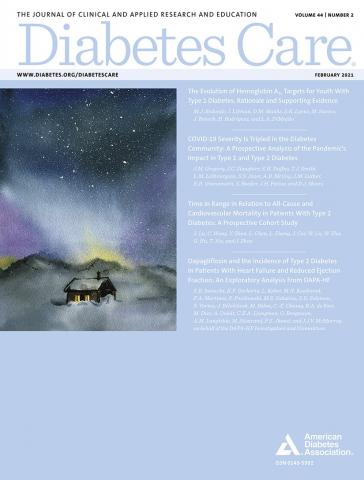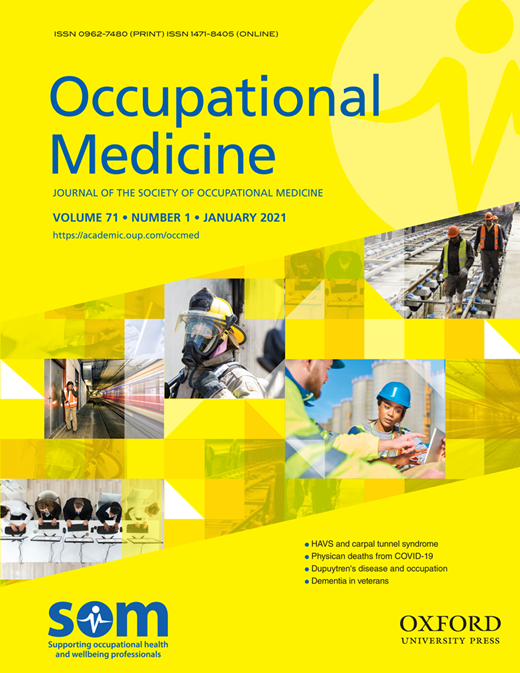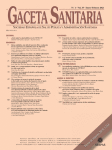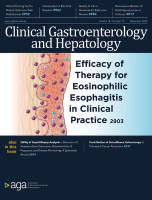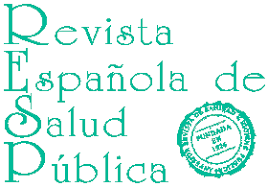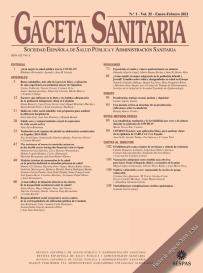Risk Prediction for Renal Cell Carcinoma: Results from the European Prospective Investigation into Cancer and Nutrition (EPIC) Prospective Cohort Study
Background: Early detection of renal cell carcinoma (RCC) has the potential to improve disease outcomes. No screening program for sporadic RCC is in place. Given relatively low incidence, screening would need to focus on people at high risk of clinically meaningful disease so as to limit overdiagnosis and screen-detected false positives. Methods: Among 192,172 participants…




